Sleep "Hacks" That Actually Work: Optimize Your Rest for Peak Performance
In the relentless pursuit of success, rest often takes a backseat, yet it is an indispensable pillar of high performance. The modern world glorifies busyness, often equating it with productivity, but this mindset neglects the profound impact that quality rest has on our mental and physical well-being. Proper rest is not merely the absence of activity; it is a proactive strategy for enhancing cognitive function, emotional resilience, and physical health. This article explores groundbreaking strategies for optimizing rest, revealing how these techniques can transform your daily performance. By understanding the science of rest and integrating innovative practices into your routine, you can unlock unprecedented levels of productivity and creativity. This comprehensive guide will delve into 14 distinct facets of rest, each offering unique insights and practical tips to elevate your life. Let's begin!
1. Understanding the Science of Sleep Cycles
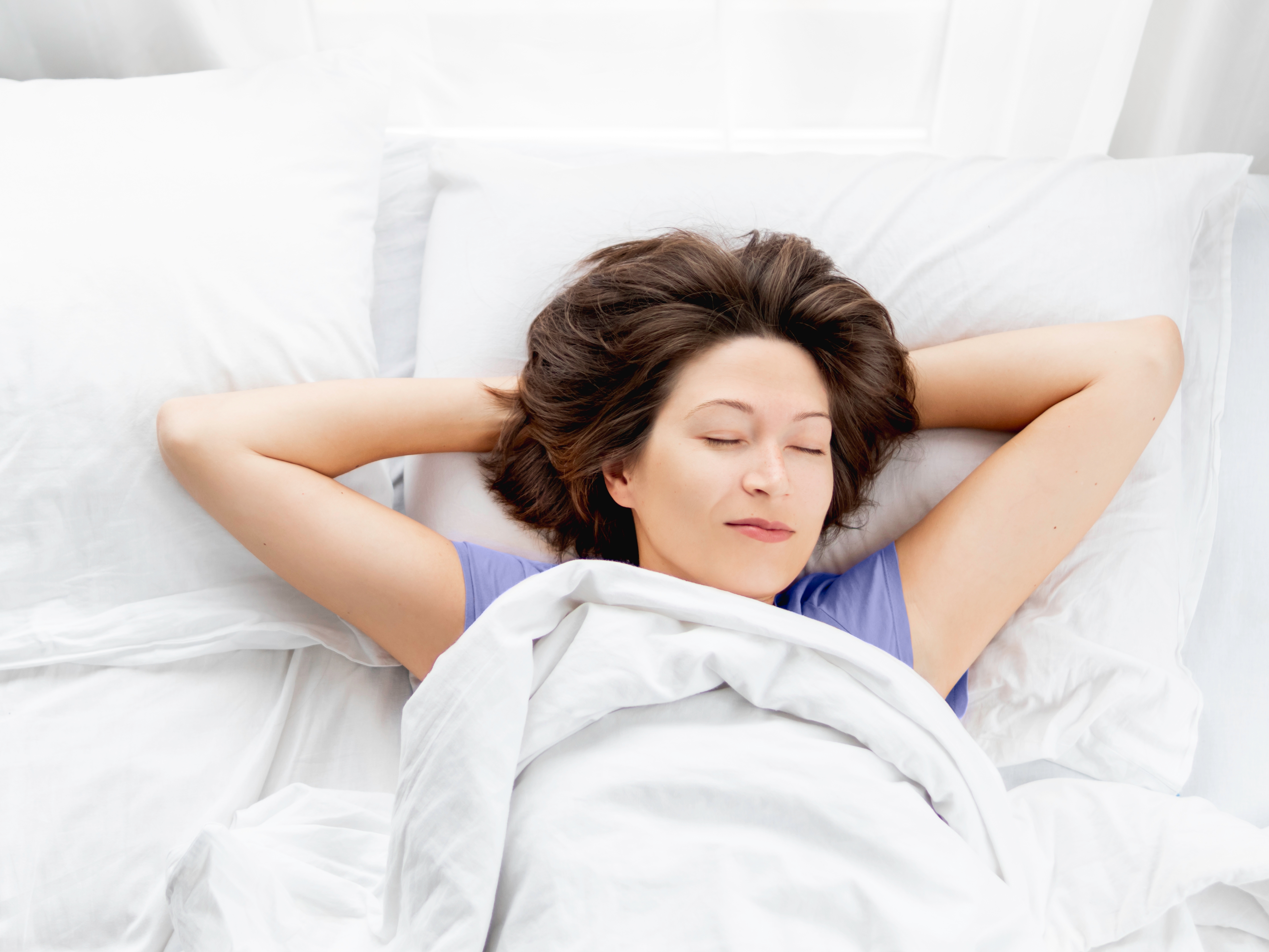
Sleep is not a monolithic state but a complex cycle of phases that play different roles in rejuvenating the body and mind. These cycles consist of REM (Rapid Eye Movement) and non-REM stages, each contributing uniquely to health and performance. During non-REM sleep, the body undergoes repair, muscle growth, and immune system strengthening. REM sleep, on the other hand, is crucial for cognitive functions such as memory consolidation and emotional regulation. Understanding these cycles enables you to optimize your sleep schedule, ensuring you wake up refreshed and ready to tackle the day. By aligning your sleep patterns with these natural cycles, you can enhance your overall sleep quality and, consequently, your daily performance.
2. The Power of Napping: Strategic Rest for Maximum Impact
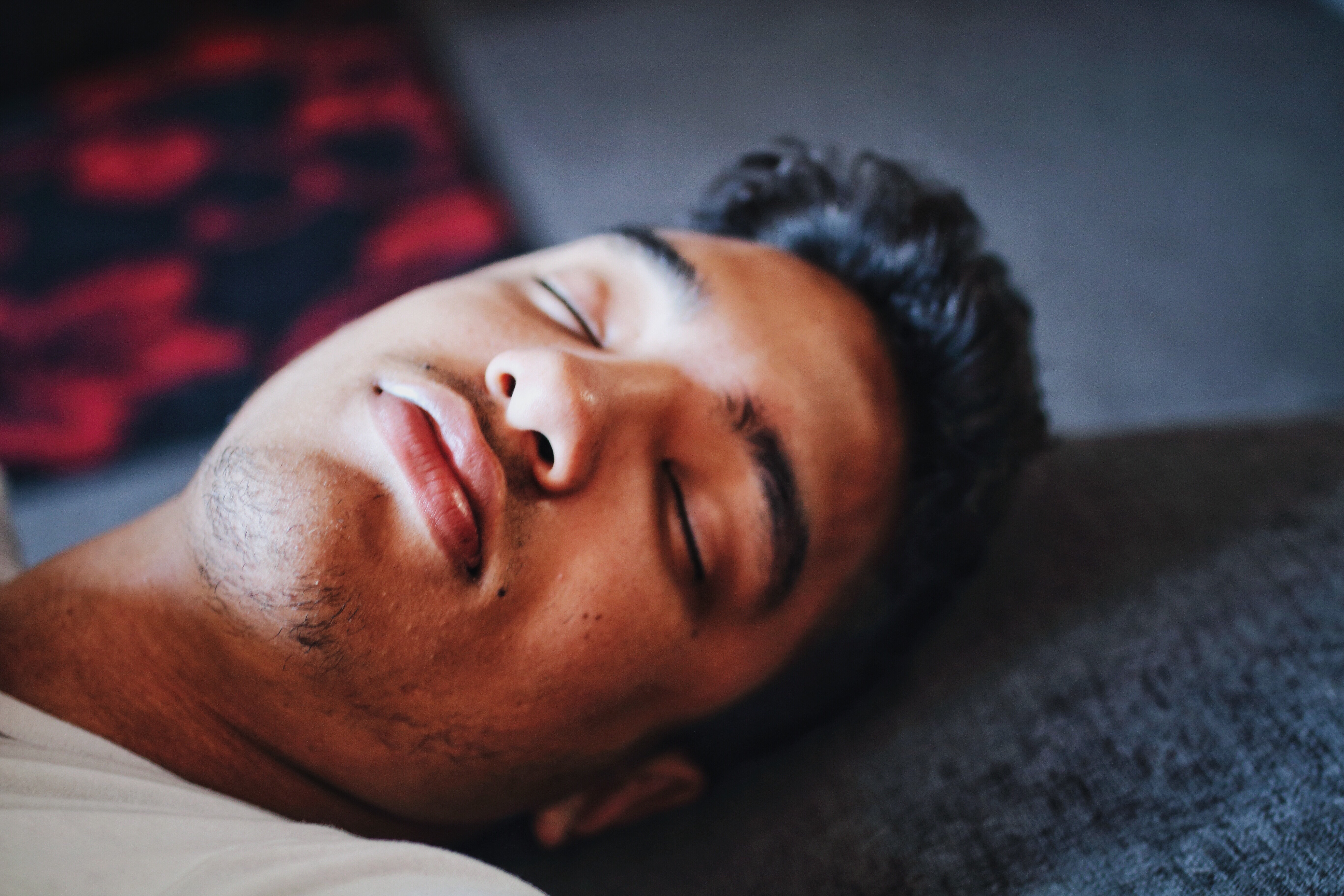
Napping is often misunderstood and undervalued, yet when done strategically, it can significantly boost your alertness and productivity. Short naps, typically lasting 10 to 20 minutes, can enhance cognitive performance without causing sleep inertia, the grogginess that follows longer naps. For those requiring a more profound reset, a 90-minute nap can complete a full sleep cycle, providing benefits akin to nighttime sleep. Timing is crucial; napping too late in the day can interfere with nighttime sleep, while an early afternoon nap can complement your natural circadian rhythms. By incorporating strategic napping into your routine, you can harness its full potential to improve focus and creativity.
3. Creating a Sleep-Inducing Environment
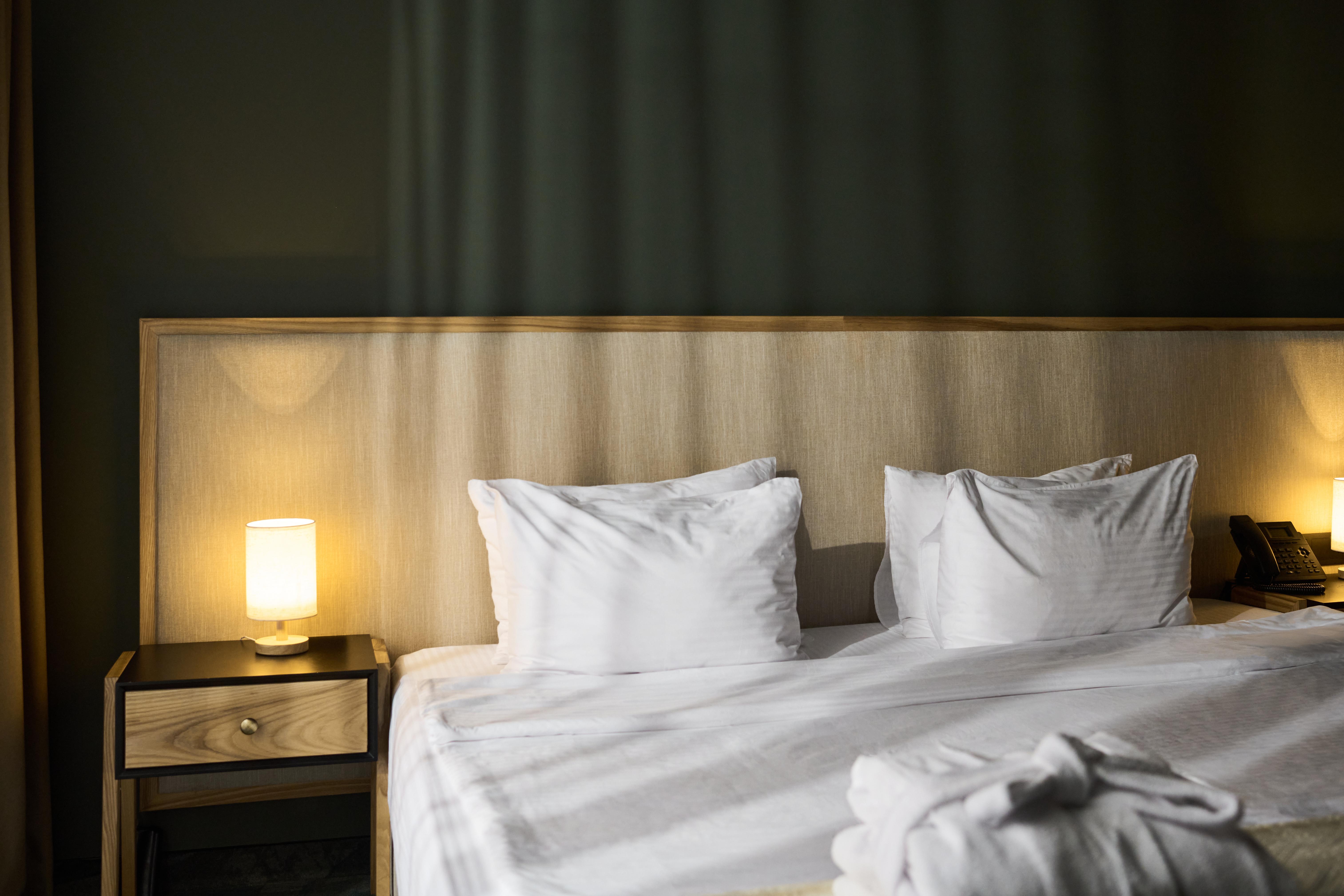
The environment in which you sleep plays a crucial role in the quality of your rest. Factors such as room temperature, lighting, and noise levels can significantly impact your ability to fall and stay asleep. A cool, dark, and quiet room is ideal for promoting deep sleep. Consider investing in blackout curtains, white noise machines, or earplugs to mitigate external disturbances. Additionally, maintaining a clean and clutter-free bedroom can have a calming effect on the mind, making it easier to relax and unwind. By consciously designing a sleep-friendly environment, you can create the optimal conditions for restorative rest.
4. The Role of Nutrition in Sleep Quality

What you eat and when you eat it can profoundly affect your sleep quality. Certain foods, like those rich in tryptophan, magnesium, and melatonin, can promote sleep by supporting the production of sleep-inducing hormones. Conversely, caffeine, alcohol, and heavy meals close to bedtime can disrupt sleep patterns. Establishing a balanced diet and timing your meals strategically can enhance your sleep quality. For instance, consuming a light snack rich in complex carbohydrates and protein before bed can stabilize blood sugar levels and facilitate sleep. By understanding the intricate relationship between nutrition and sleep, you can make informed choices that support restful nights and productive days.
5. Exercise: A Double-Edged Sword for Rest and Performance
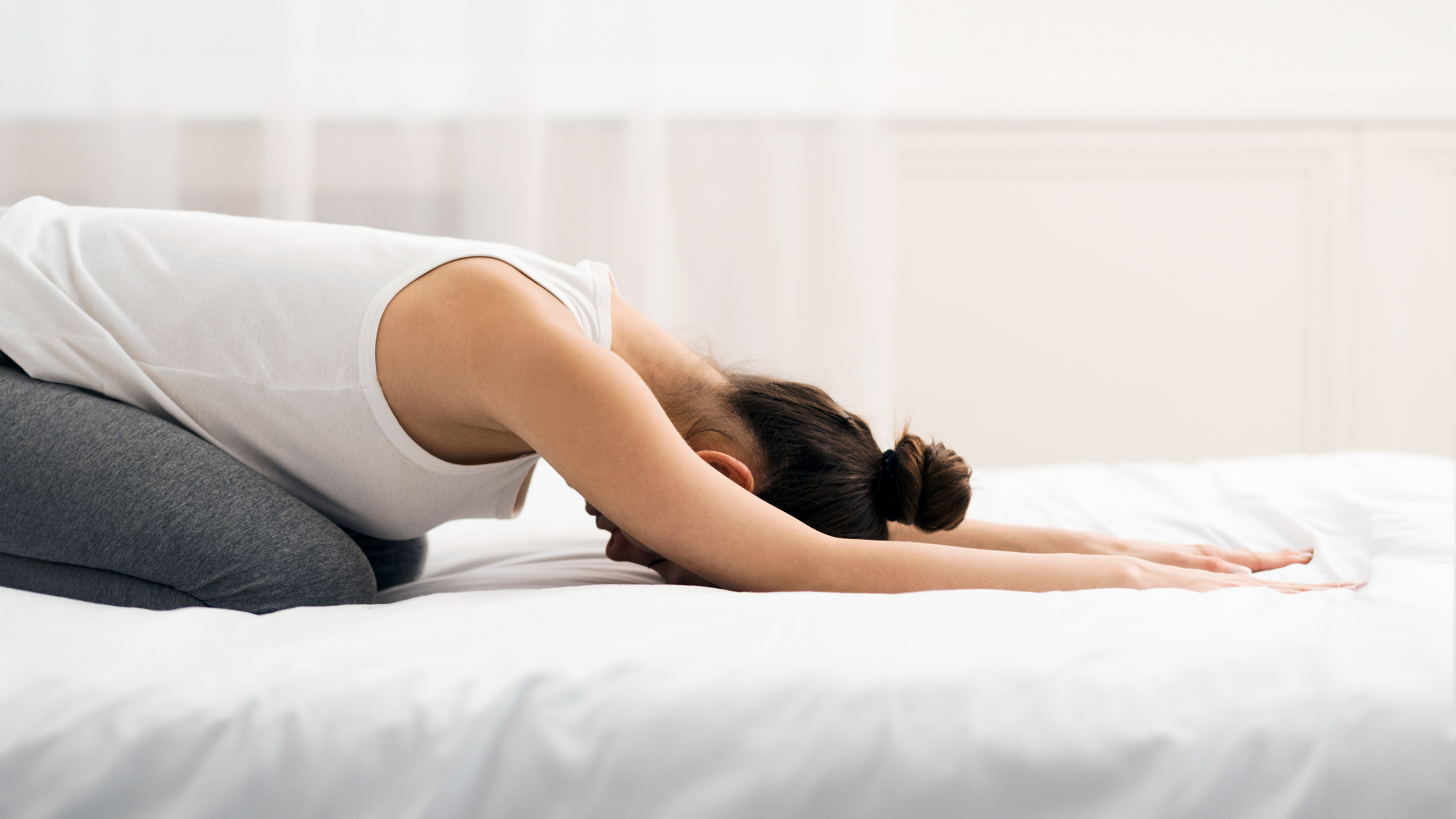
Exercise is a powerful tool for improving both rest and performance, but its timing and intensity can influence sleep quality. Regular physical activity promotes deeper sleep by reducing stress and anxiety levels, enhancing mood, and regulating circadian rhythms. However, exercising too close to bedtime can have the opposite effect, increasing alertness and delaying sleep onset. Aim for moderate-intensity workouts earlier in the day to maximize these benefits. Additionally, incorporating relaxation exercises like yoga or stretching in the evening can help wind down the body and prepare it for restful sleep. By balancing exercise with rest, you can optimize both your physical health and daily performance.
6. The Importance of a Consistent Sleep Schedule

Consistency is key when it comes to sleep. Our bodies thrive on routine, and maintaining a regular sleep schedule helps regulate the body's internal clock, leading to better sleep quality. Going to bed and waking up at the same time every day, even on weekends, reinforces your circadian rhythms. This consistency can improve the ease with which you fall asleep and wake up, reducing the need for alarm clocks and minimizing grogginess. By prioritizing a regular sleep schedule, you can create a stable foundation for enhanced rest and performance.
7. Mindfulness and Meditation: Tools for Better Sleep
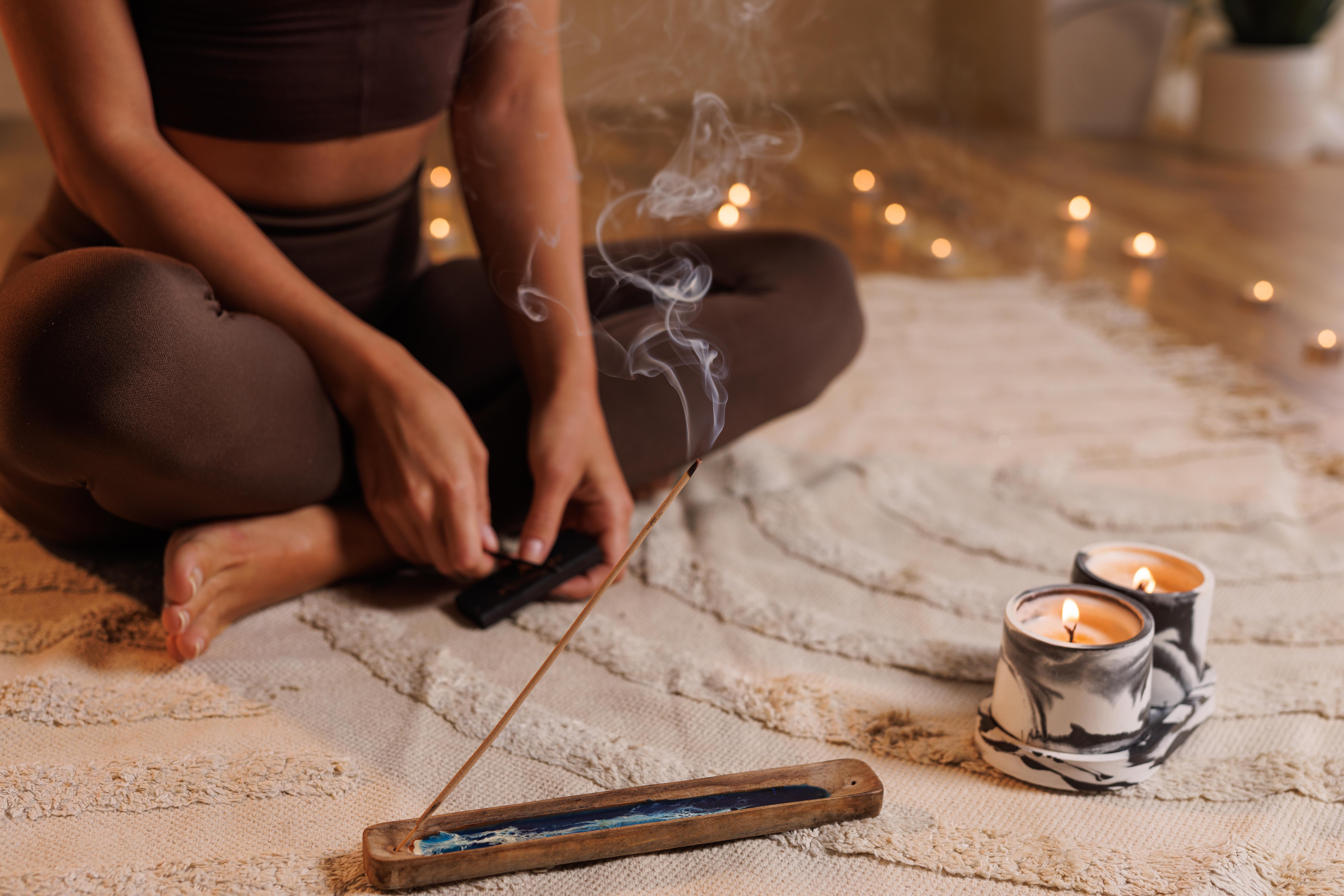
Mindfulness and meditation are powerful practices that can improve sleep quality by calming the mind and reducing stress. These techniques encourage present-moment awareness and relaxation, counteracting the racing thoughts and anxiety that often hinder sleep. Incorporating mindfulness meditation into your bedtime routine can help signal to your body that it's time to wind down. Practices such as deep breathing, progressive muscle relaxation, and guided imagery can also facilitate the transition to sleep. By integrating mindfulness and meditation into your daily life, you can cultivate a peaceful mind, conducive to restful sleep and heightened daily performance.
8. Technology and Sleep: Finding the Balance

In today's digital age, technology is both a boon and a bane for sleep. While devices like smartphones and tablets offer endless information and entertainment, their blue light emissions can disrupt sleep by suppressing melatonin production. Establishing boundaries with technology is essential for protecting your sleep. Implementing a digital curfew, ideally an hour before bed, can help minimize these effects. Consider using blue light filters on your devices or switching to night mode in the evening. By managing your technology use, you can create a healthier relationship with your devices and safeguard your sleep quality.
9. The Art of Relaxation: Unwinding Before Bed
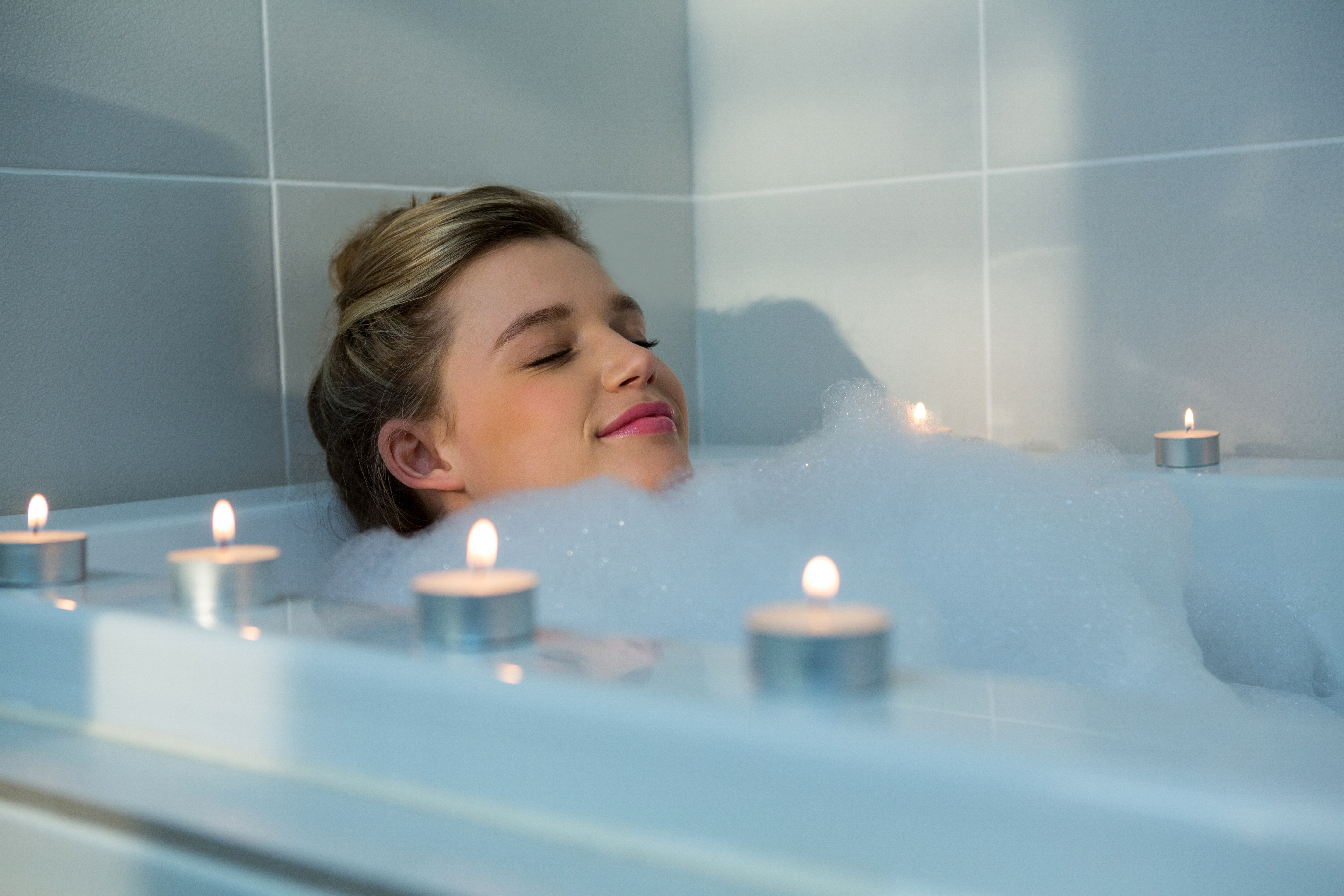
The transition from a busy day to a restful night requires intentional relaxation. Developing a pre-sleep routine can signal to your body that it's time to unwind, making it easier to fall asleep. This routine can include activities such as reading, taking a warm bath, or listening to calming music. The key is to choose activities that relax the mind and body without overstimulating them. Consistency in your bedtime routine can reinforce your body's natural sleep-wake cycle, leading to improved sleep quality over time. By mastering the art of relaxation, you can enhance both your rest and your readiness for the day ahead.
10. Addressing Sleep Disorders: Seeking Professional Help

For some, achieving quality rest may be hindered by underlying sleep disorders such as insomnia, sleep apnea, or restless leg syndrome. These conditions can have a significant impact on both sleep quality and daily performance. If you suspect a sleep disorder, it is crucial to seek professional help. Sleep specialists can conduct evaluations and recommend treatments tailored to your specific needs. Addressing these disorders not only improves sleep but also enhances overall health and productivity. By recognizing the signs of sleep disorders and taking proactive steps to address them, you can reclaim your rest and boost your daily performance.
11. The Impact of Stress on Sleep and Performance
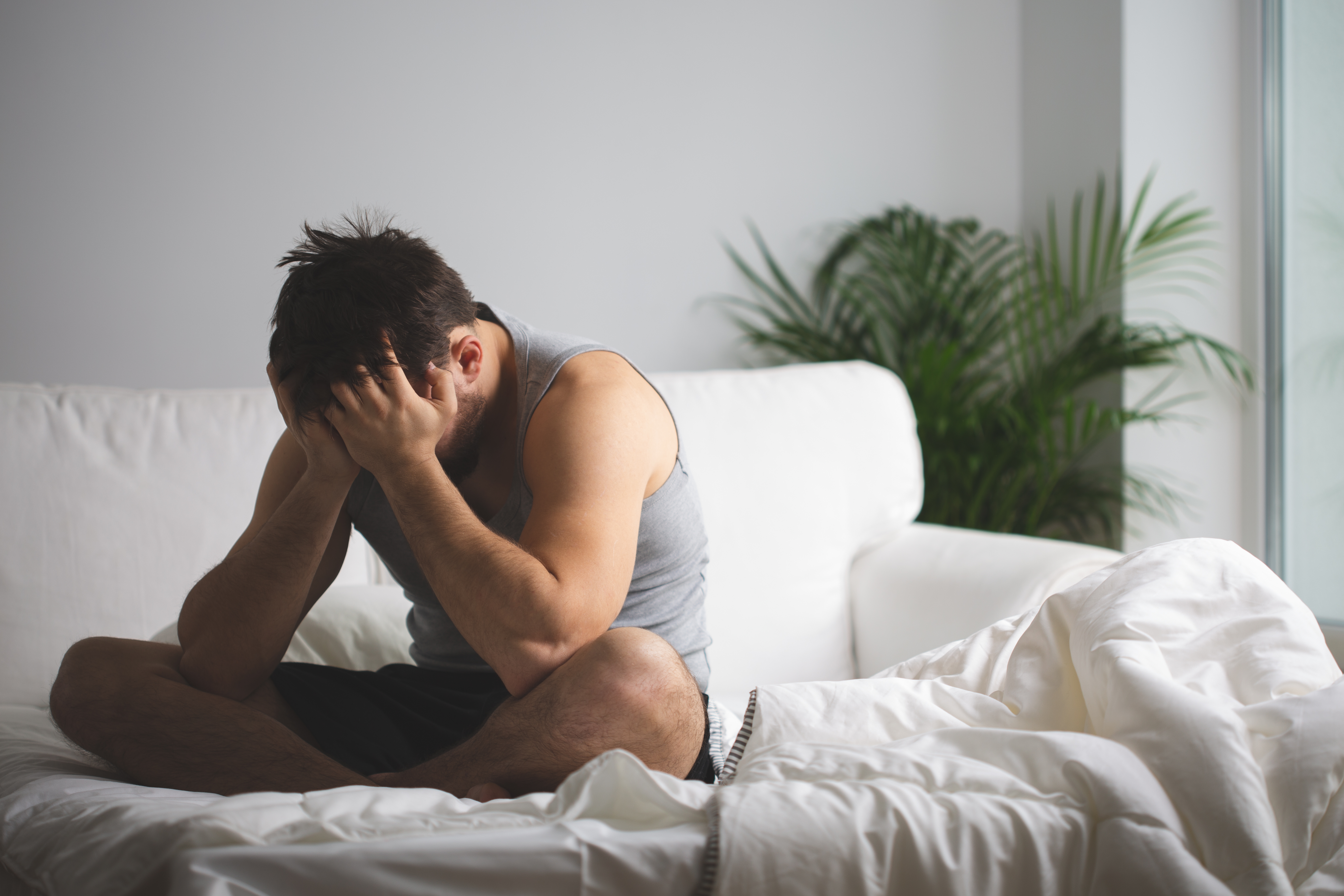
Stress is a pervasive force that can severely disrupt sleep and, consequently, daily performance. The body's stress response triggers the release of hormones like cortisol, which can interfere with the ability to relax and fall asleep. Managing stress is essential for maintaining healthy sleep patterns. Techniques such as time management, prioritization, and setting realistic goals can help reduce stress levels. Additionally, incorporating stress-reducing activities like exercise, meditation, or hobbies into your routine can provide a healthy outlet for stress. By effectively managing stress, you can protect your sleep and enhance your capacity to perform at your best.
12. Harnessing the Power of Aromatherapy for Better Sleep
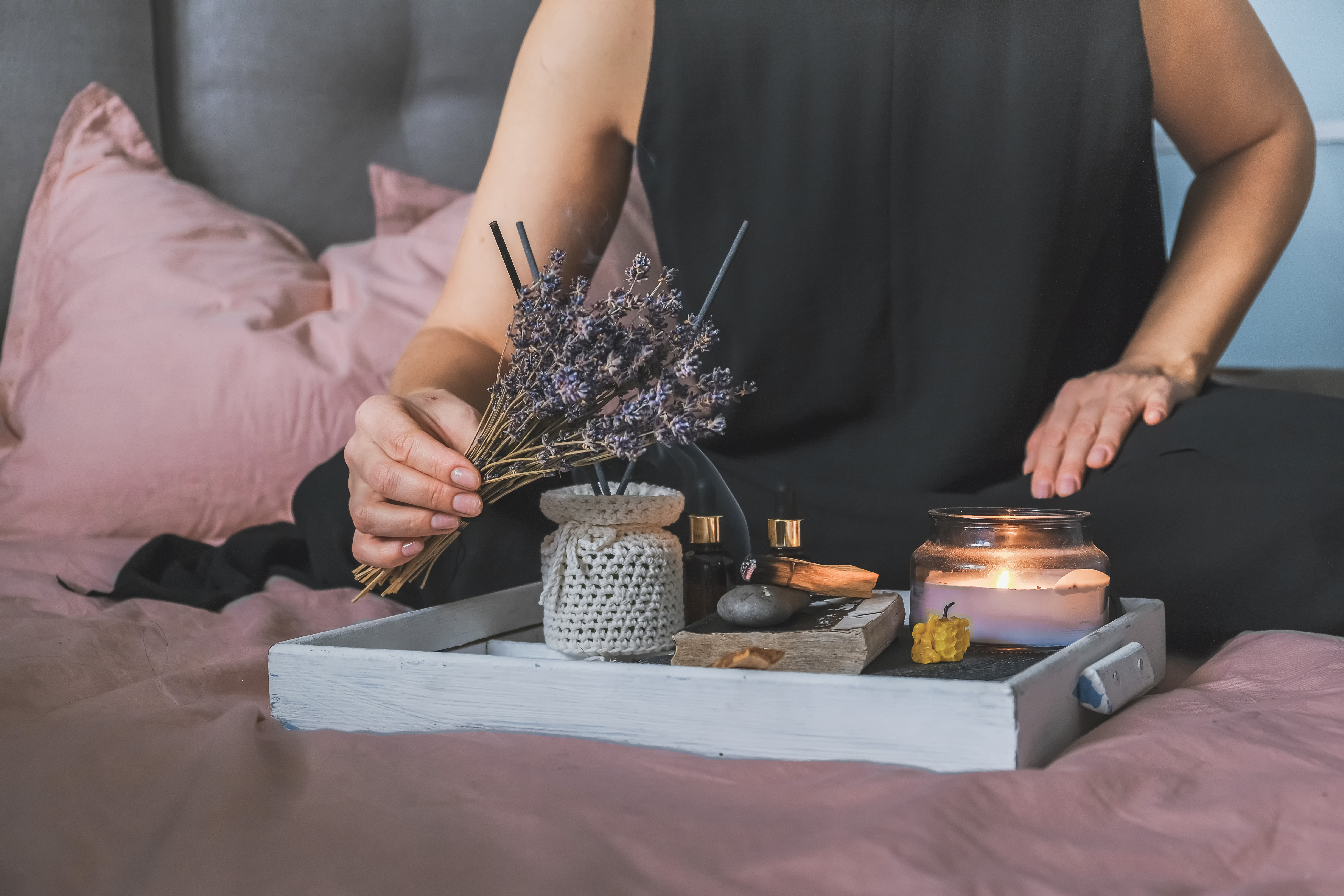
Aromatherapy, the use of essential oils for therapeutic purposes, can be an effective tool for improving sleep quality. Certain scents, such as lavender, chamomile, and sandalwood, have been shown to promote relaxation and reduce anxiety, facilitating better sleep. Incorporating aromatherapy into your bedtime routine can be as simple as using an essential oil diffuser, applying diluted oils to your skin, or adding them to a warm bath. The calming effects of these scents can help create a tranquil sleep environment, enhancing your ability to rest and recharge. By harnessing the power of aromatherapy, you can support your journey to better sleep and improved performance.
13. The Connection Between Light Exposure and Sleep

Exposure to natural light is a critical factor in regulating the body's sleep-wake cycle, also known as the circadian rhythm. Morning light exposure helps signal to the brain that it's time to wake up, while dimming lights in the evening prepares the body for sleep. Spending time outdoors during the day and ensuring exposure to bright light can enhance alertness and mood. Conversely, minimizing artificial light exposure in the evening can promote the production of melatonin, the hormone responsible for sleep. By understanding and managing your light exposure, you can align your circadian rhythms with natural day-night cycles, improving both sleep quality and daily performance.
14. The Role of Hydration in Sleep and Performance

Hydration is often overlooked in discussions of sleep and performance, yet it plays a vital role in both. Dehydration can lead to fatigue, reduced cognitive function, and difficulty concentrating, all of which can impact sleep quality and daily productivity. Maintaining adequate hydration throughout the day supports the body's natural processes and can enhance sleep by preventing nighttime awakenings due to thirst. However, it's important to balance fluid intake to avoid excessive trips to the bathroom during the night. By prioritizing hydration, you can support your body's functions and contribute to better sleep and enhanced daily performance.
Achieving optimal rest and performance is not about isolated strategies but rather integrating these practices into a holistic lifestyle. Each tip explored in this article contributes to a comprehensive approach to rest, recognizing the interconnectedness of sleep, nutrition, exercise, and stress management. By embracing these strategies, you can create a balanced lifestyle that supports both rest and high performance. Remember, rest is not a luxury but a necessity for achieving your full potential. By prioritizing quality rest, you can enhance your health, productivity, and overall well-being, paving the way for a more fulfilling and successful life.
